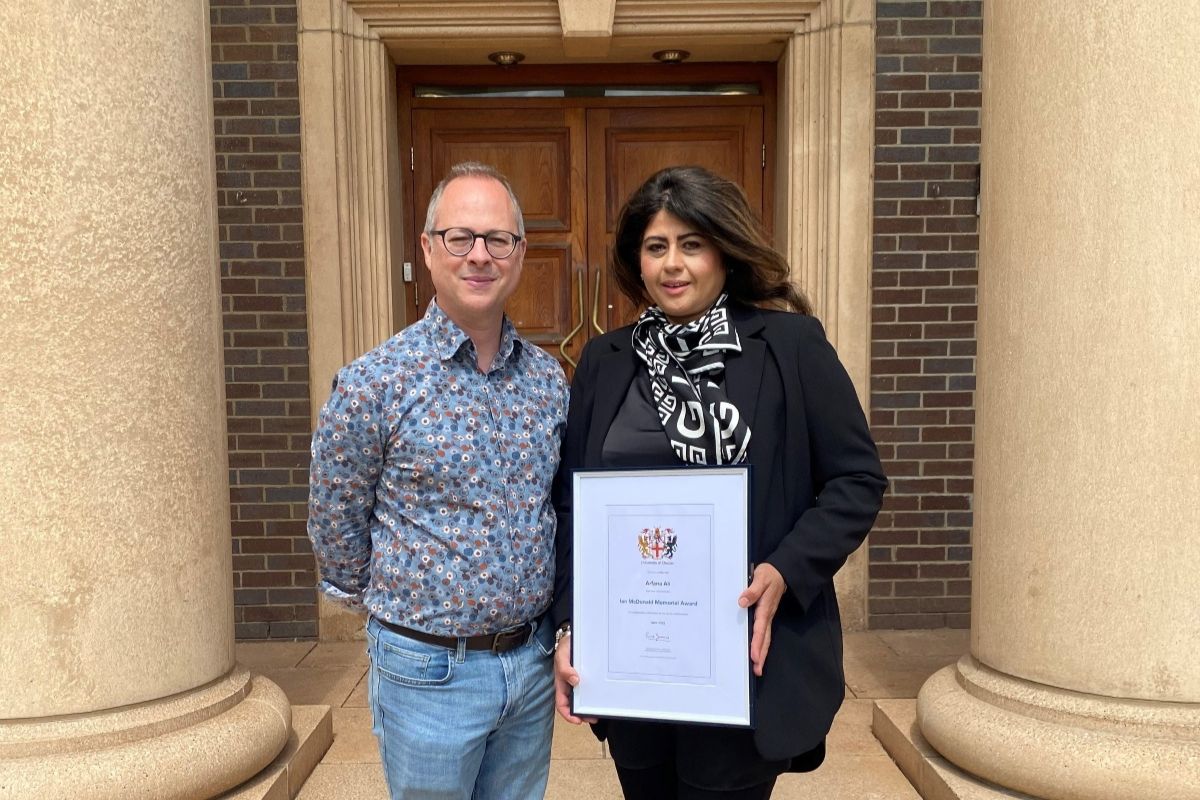National Engineering Policy Centre to provide advice to government on reaching net zero emissions

The National Engineering Policy Centre, led by the Royal Academy of Engineering, has convened a diverse range of experts to provide agile and continued advice to government to help address the long-term global threat posed by climate change and support its goal of reaching net zero greenhouse gas emissions by 2050. This will include recommendations for a recovery from the COVID-19 pandemic that puts the UK on track for net zero.
Read the Net Zero launch paper here
Engineering has a vital role to play in creating systems and solutions to address the climate crisis. The UK government faces urgent and difficult decision-making across engineering-driven economic sectors such as energy, construction, manufacturing and transport. Engineers from every discipline are the people who will design, build, retrofit, operate and make safe the infrastructure and technologies that will enable a decarbonised UK to become a reality.
The UK engineering community benefits from world-leading expertise in planning and designing these services and can apply systems thinking, creativity and problem-solving to provide advice on how to decarbonise them.
The National Engineering Policy Centre has assembled a diverse group of experts from organisations including the Institution of Mechanical Engineers, the Institution of Engineering & Technology, the Institution of Chemical Engineers, the Energy Institute, the Institute of Materials, Minerals and Mining and the British Academy. The group forms a forum for debate and will draw heavily on insights and perspectives from an even wider range of expertise from engineering and other disciplines such as social and system sciences as needed.
Topic areas to be covered include:
- Rebuilding after COVID-19: recommendations for a recovery that puts us on track for net zero
- Net zero explained: how the UK’s climate target fits into the global sustainability challenge
- Priority actions and upcoming decision points: understanding which policies are ‘low regrets’ solutions
- Decarbonising construction: tackling the operation and supply chain of one of the most challenging sectors
Sir Jim McDonald FREng FRSE, President of the Royal Academy of Engineering says:
“Engineers have a responsibility to actively support the reduction of greenhouse gases to protect our planet from adverse climate change. The National Engineering Policy Centre is uniquely placed to galvanise and lead the engineering community to focus on activities that can deliver practical, deployable solutions in response to the scientific evidence. As engineers we can capitalise on our experience and use of systems approaches in bringing together different elements – from technological to financial, from regulatory to ethical – to create practical solutions and help the government to make tough and lasting decisions that will reduce harmful emissions whilst creating jobs and benefitting people’s lives.”
Notes for Editors
- The working group members are:
- Dervilla Mitchell CBE FREng, Chair
- Professor Nilay Shah FREng, Vice-Chair
- Mark Apsey MBE Chair, Institution of Chemical Engineers Energy Centre
- Dr Jenifer Baxter Chief Engineer, Institution of Mechanical Engineers
- Professor Harriet Bulkeley FBA Durham University
- Dr Mike Cook FREng Partner, BuroHappold; Institution of Structural Engineers Sustainability Lead
- Ian Gardner Global Energy Leader, Arup
- Dr Simon Harrison Vice-President, Institution of Engineering and Technology
- Steve Holliday FREng President, Energy Institute
- Professor Roger Kemp MBE FREng Lancaster University
- Professor Rebecca Lunn MBE FREng FRSE University of Strathclyde
- Professor Susan Owens OBE FBA University of Cambridge
- Dr Sophie Parsons University of Bath; Strategic Advisor, Institute of Materials, Minerals and Mining
- Nick Winser CBE FREng Chair, Energy Systems Catapult
- The Royal Academy of Engineering is harnessing the power of engineering to build a sustainable society and an inclusive economy that works for everyone. In collaboration with our Fellows and partners, we’re growing talent and developing skills for the future, driving innovation and building global partnerships, and influencing policy and engaging the public. Together we’re working to tackle the greatest challenges of our age.
- The National Engineering Policy Centre connects policy makers with critical engineering expertise to inform and respond to policy issues of national importance, giving policymakers a route to advice from across the whole profession, and the profession a unified voice on shared challenges.
The Centre is an ambitious partnership, led by the Royal Academy of Engineering, between 39 different UK engineering organisations representing 450,000 engineers.
For more information please contact: Victoria Runcie at the Royal Academy of Engineering Tel. 0207 766 0620; email: [email protected]












Responses